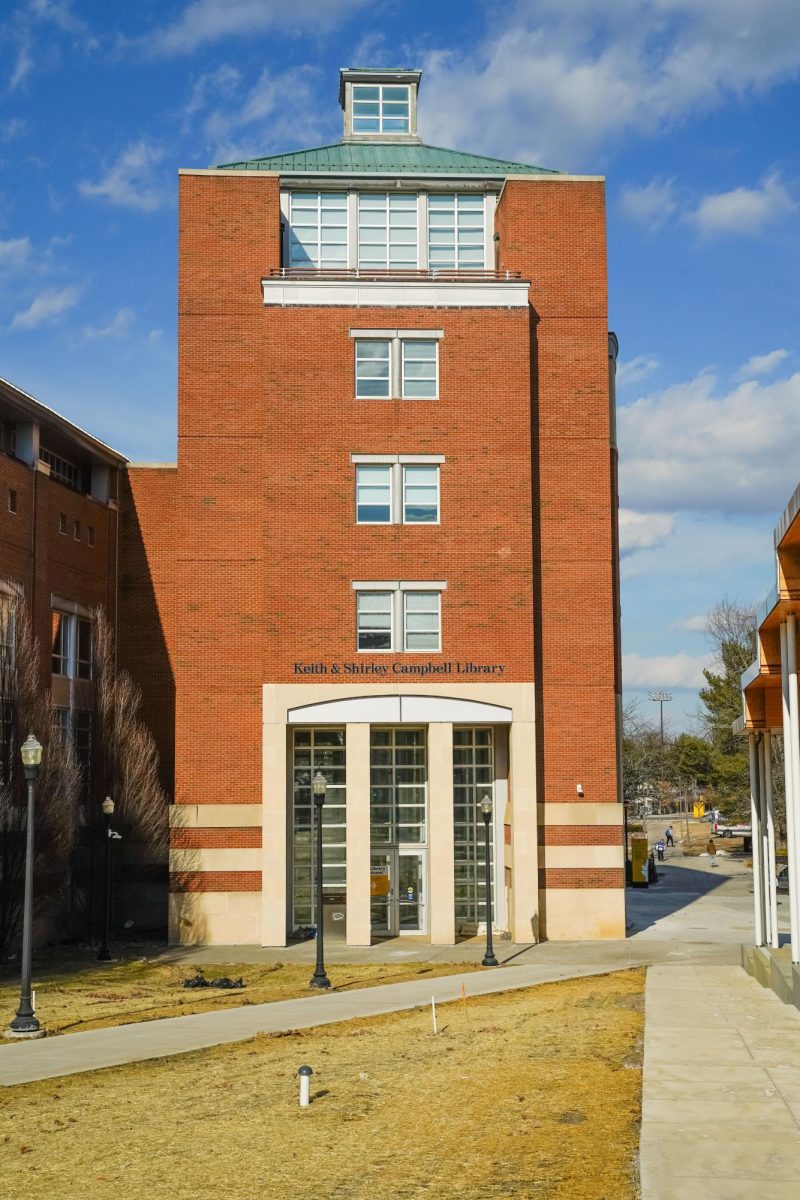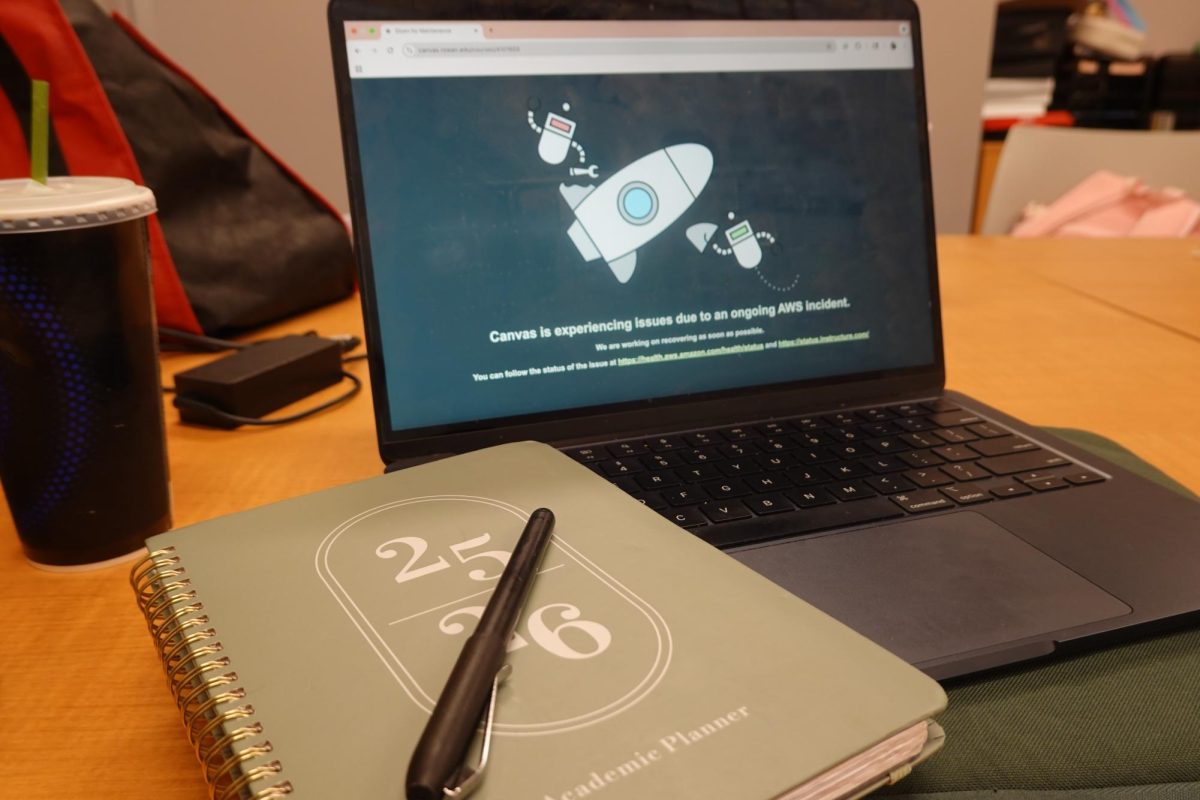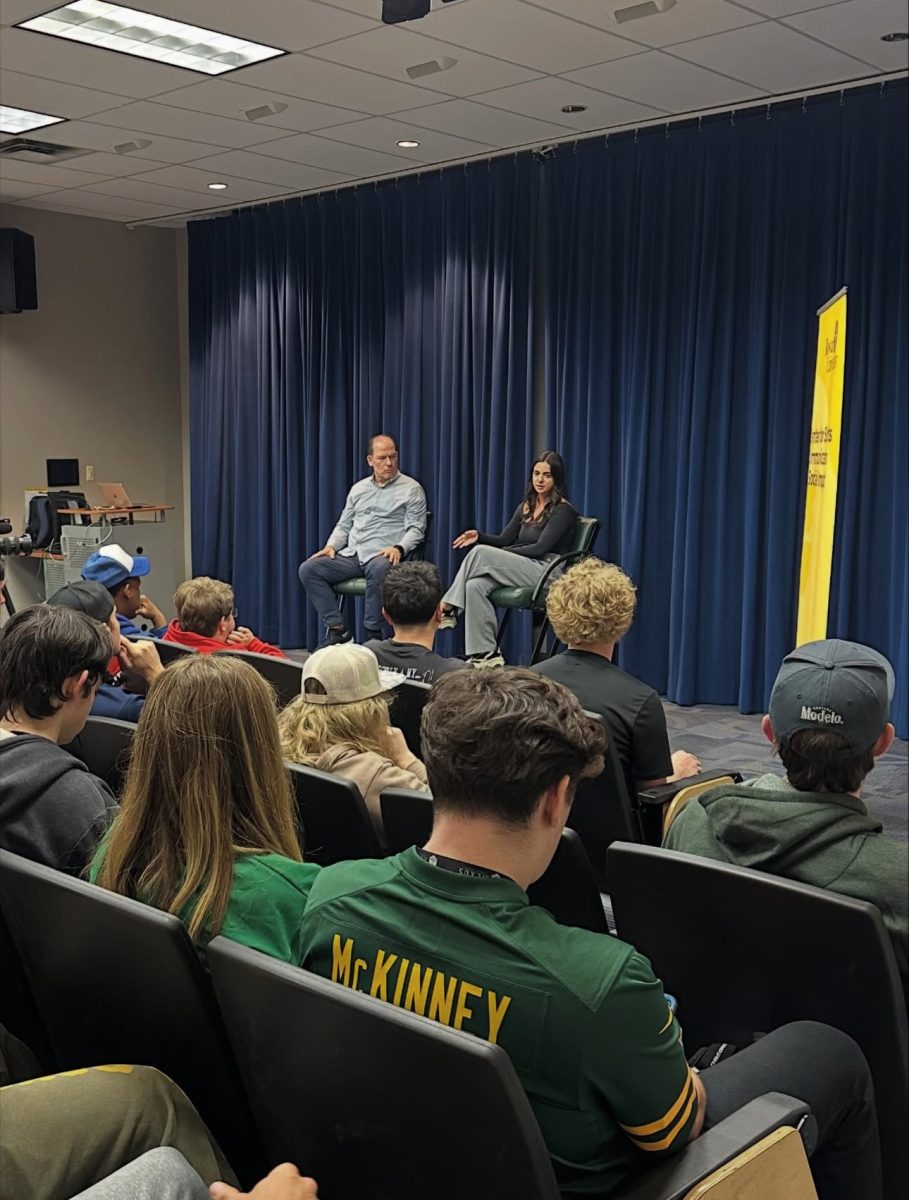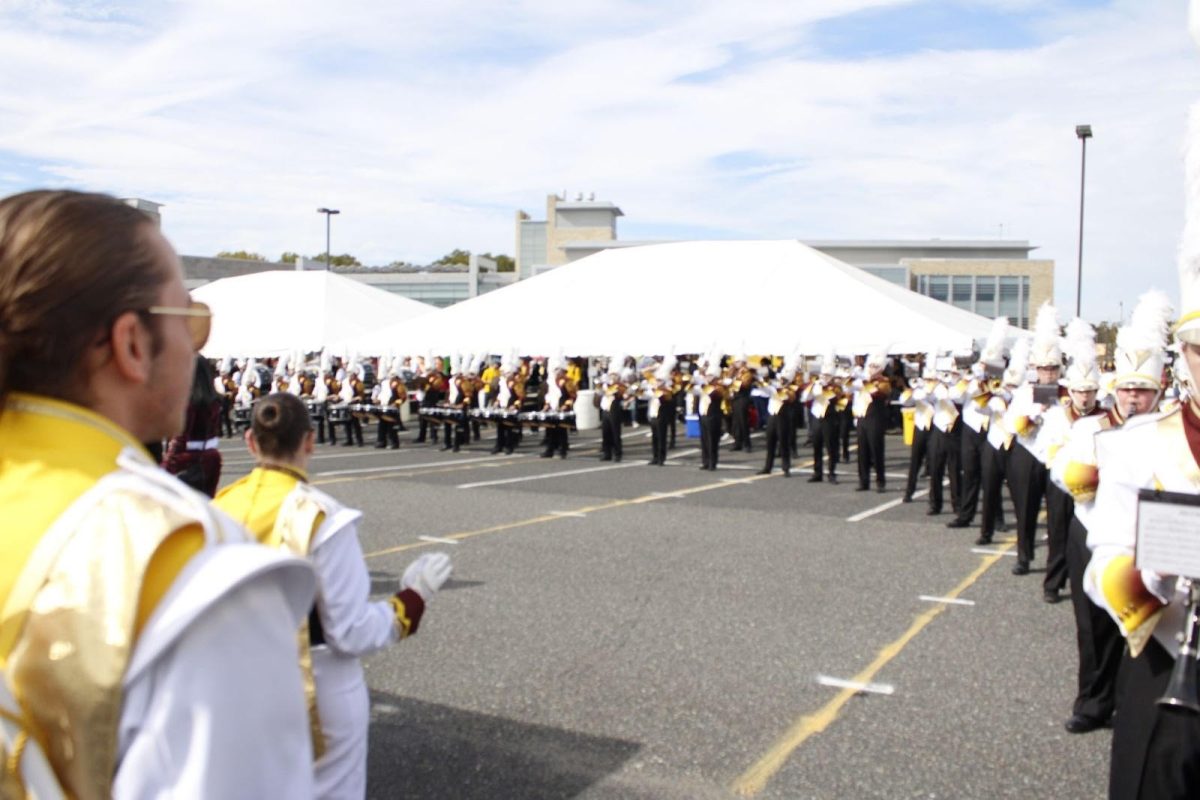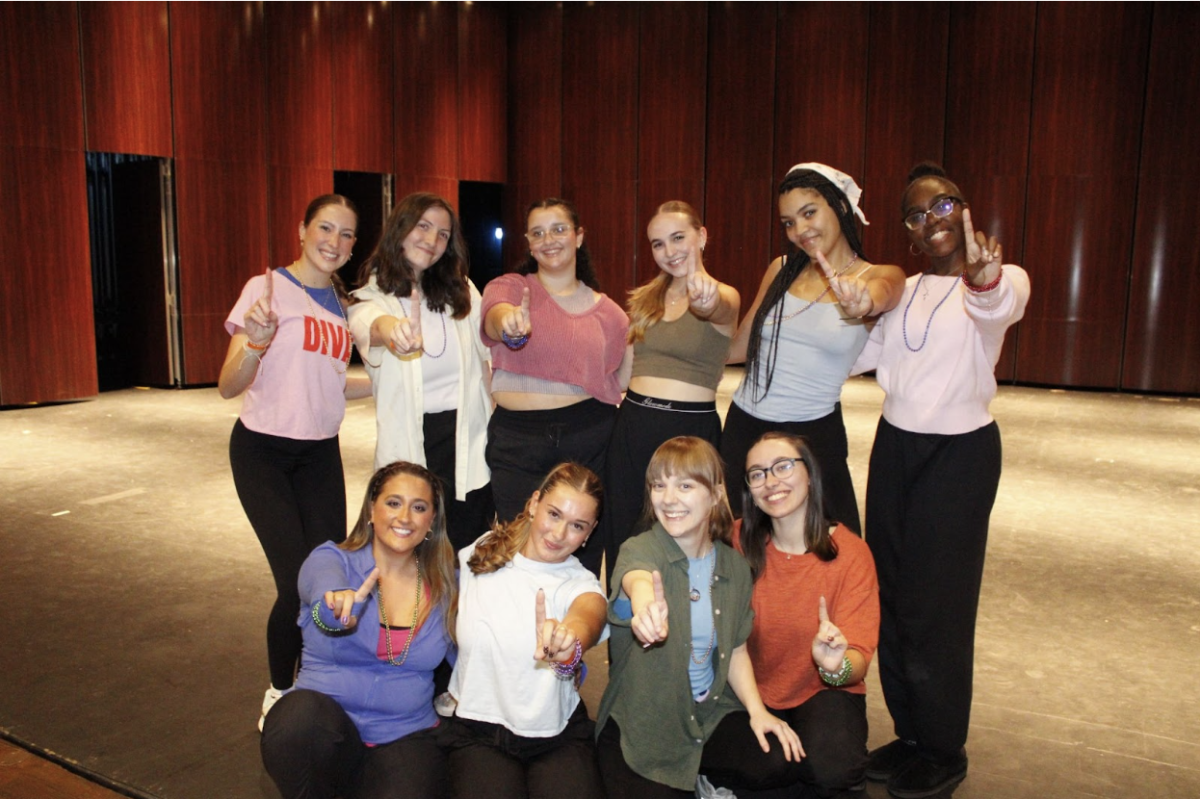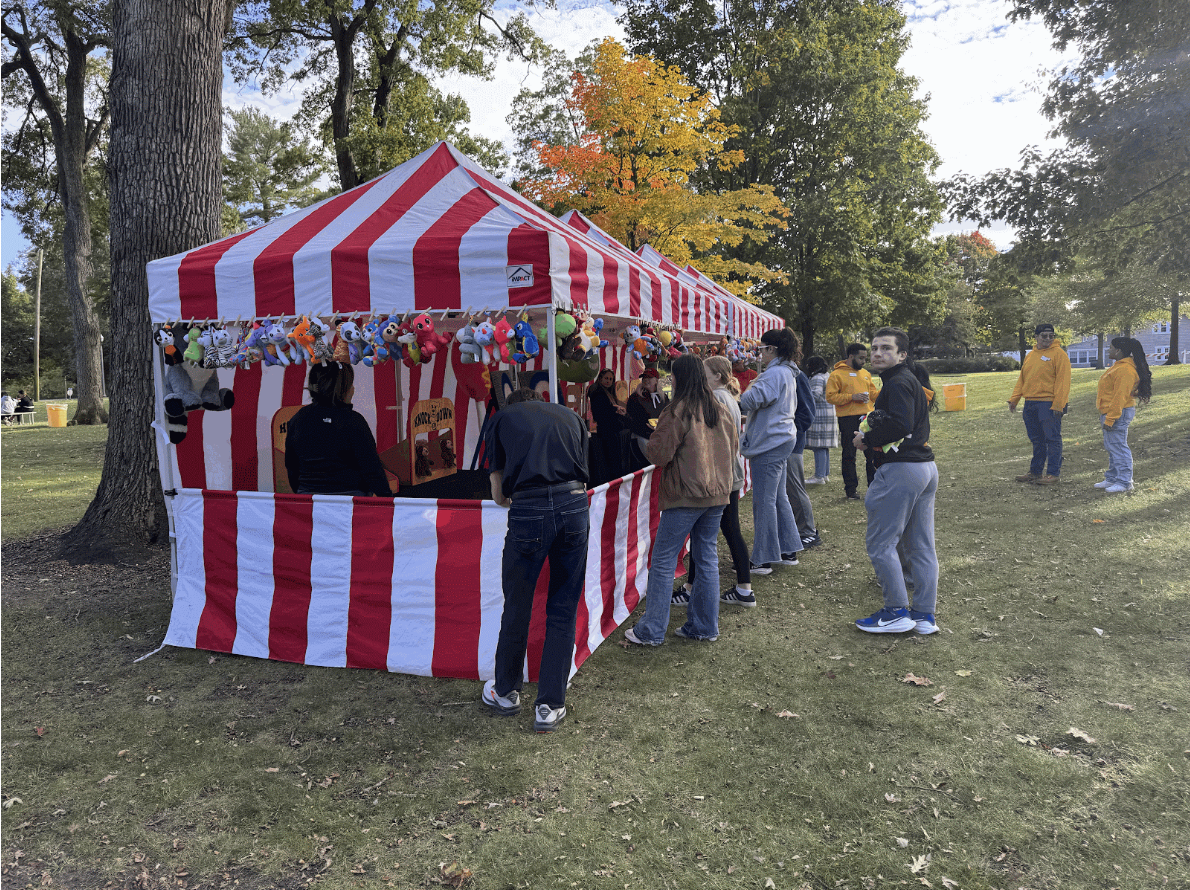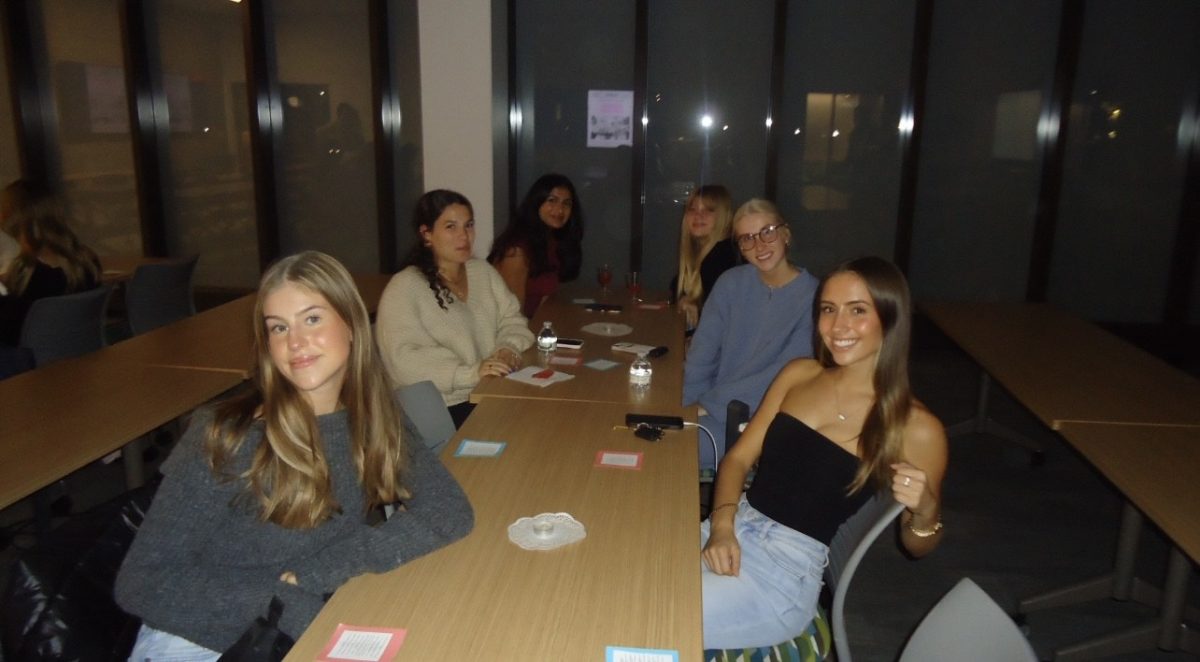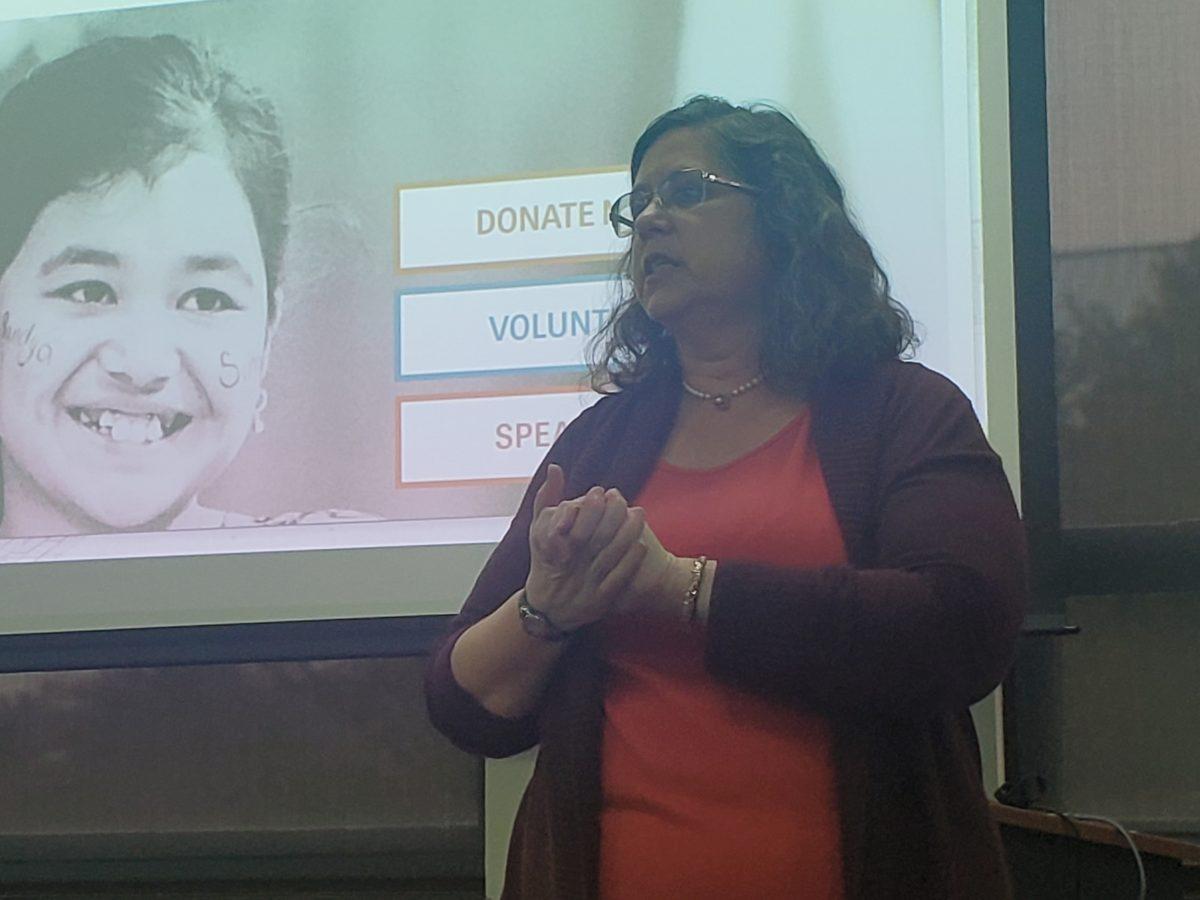In an event co-hosted by the Rowan Institute for Public Policy and Citizenship and the Department of Political Science, Cathryn Miller-Wilson, Esq. visited Rowan on Tuesday to discuss the impacts of current immigration policy.
Miller-Wilson is the executive director of Hebrew Immigrant Aid Society (HIAS) Pennsylvania, an organization that, according to its website, “provides legal, resettlement, citizenship and supportive services to immigrants, refugees and asylum seekers from all backgrounds in order to ensure their fair treatment and full integration into American society.” HIAS was established in the late 19th century to assist Jewish refugees resettle in America. Today, HIAS-PA advocates for the rights of immigrants from all ethnicities and national origins.
“I became Executive Director on Nov. 1, 2016,” Miller-Wilson said. “So I had a really great eight days, and then everything changed.”
Miller-Wilson is referring to the election of now-President Donald Trump, who has attempted to impose restrictions against immigrants from Muslim-majority countries and those crossing the southern border. After clarifying the difference between a refugee and asylee, Miller-Wilson discussed how the current policy of detention at the border “violates our own immigration law.”
“The bottom line is that our government is creating a situation of taking vulnerable people and making them more vulnerable,” she said.
She added that, “a government shouldn’t be in the business of making people worse off … we have to think really hard about: What is the point? What are we afraid of?”
She also challenged attendees to question why so many Americans are “afraid of people who want a better opportunity.”
She cited the country’s “long history of discrimination and ‘othering’ people” through policies such as slavery and systemic exclusion. She then opened conversation regarding common myths about refugees, such as that they are violent (no refugee in America has ever been convicted of a crime) or that they are financial burdens on communities (refugees typically contribute to robust economies and are required to be financially independent within 90 days of placement).
At the end of the discussion, Miller-Wilson cited several volunteer opportunities within HIAS-PA where students can become involved. Around 10 attendees approached her to learn more about helping immigrants.
One of these students was junior political science major Taylor Adens, who resonated with the organization’s mission.
“I’m personally really interested in immigration policy and asylum-seekers,” she said. “I’m not a fan of Trump’s policies on immigration, refugees and the misconception that goes around them. My end-goal is to be an immigration defense attorney, so this was really interesting to me as something I want to further [pursue].”
Senior sociology major LaDaysha White also noted that becoming involved in HIAS-PA would allow her to begin making a positive difference in the lives of immigrants.
“I took an international migration and human rights class at my previous institution because I’m a transfer student, and my professor was an immigrant from Iran,” White said. “It really just opened my eyes to the issues that they face. The lack of education that many people have about immigrants, why they come and what they’re trying to do leads to people not really understanding what’s going on in those countries. I would like to change laws and policies.”
For comments/questions about this story, email [email protected] or tweet @TheWhitOnline.


